Five-year protocol prioritizes reconciliation, wild salmon protection and climate change
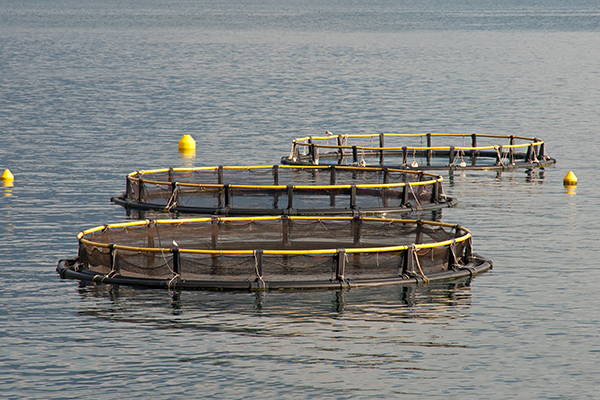
Cermaq Canada, a leading global salmon farming company, and Ahousaht First Nation, one of British Columbia’s largest First Nations located on the west coast of Vancouver Island, have renewed a five-year protocol to guide salmon farming practices in that region of British Columbia. The latest protocol agreement focuses on the priorities of the nation’s vision for socio-economic development, environmental protection and oversight of their territory and creates “a road map for how Cermaq Canada will farm in Ahousaht territory, into the future.”
“The renewed protocol agreement builds upon a strong foundation of previous protocol agreements in place between the Ahousaht First Nation and Cermaq Canada,” wrote Cermaq in a press release. “Over the past years, the protocols entered into by the Nation and Cermaq Canada have continued to strengthen and modernize.”
Cermaq Canada operates in Ahousaht Territory under the Ahousaht Protocol Agreement and through the governance process of the Ahousaht Ha’wiih (Hereditary Chiefs) as represented by Maaqtusiis Hahoulthee Stewardship Society (MHSS). Previous agreements addressed operational plans, environmental stewardship, wild salmon protection and conservation, economic development opportunities, benefits sharing, employment and emerging business opportunities.
“Projects such as the feasibility study of a new Semi-Closed Containment System, a focus on GHG reduction and improved sea lice management innovation have all been possible due to the guidance of Ahousaht leadership,” said David Kiemele, Managing Director Cermaq Canada. “We have also faced working through a global pandemic and found ways to mutually support one another through such a difficult time for our local communities and for our business.”
This latest protocol amplifies the focus on reconciliation and wild salmon, area-based management, innovation, MHSS specific standards and broader environmental monitoring “in recognition of changing ocean conditions, climate change and potential salmon farming impacts and opportunities.”
“We are at a point of unprecedented challenges brought on by climate change, and a lack of understanding, particularly in government of our Nation’s rights and this important relationship,” said Hasheukumiss, Richard George, son of Tyee Ha’wiih and president of MHSS.“We are committed to working together to tackle both challenges through continued advancement of meaningful and measurable climate action, a focus on the health and wellbeing of the Ahousaht Nation, the protection and enhancement of wild salmon and providing open dialogue about the shared value approach of Cermaq Canada to increase understanding across Governments of the critical role this business plays in rural coastal indigenous and non-indigenous communities alike.”
Follow the Advocate on Twitter @GSA_Advocate
Now that you've reached the end of the article ...
… please consider supporting GSA’s mission to advance responsible seafood practices through education, advocacy and third-party assurances. The Advocate aims to document the evolution of responsible seafood practices and share the expansive knowledge of our vast network of contributors.
By becoming a Global Seafood Alliance member, you’re ensuring that all of the pre-competitive work we do through member benefits, resources and events can continue. Individual membership costs just $50 a year.
Not a GSA member? Join us.
Author
-
Responsible Seafood Advocate
[103,114,111,46,100,111,111,102,97,101,115,108,97,98,111,108,103,64,114,111,116,105,100,101]
Tagged With
Related Posts
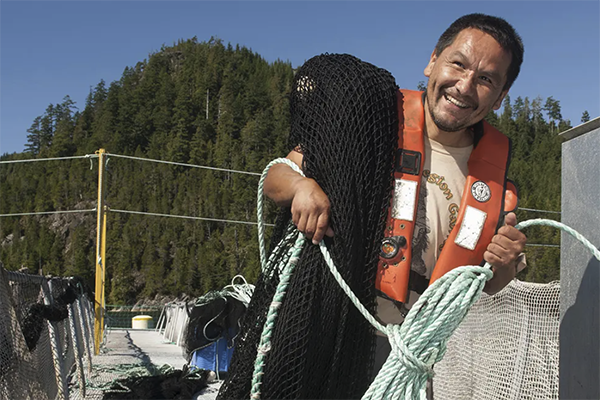
Intelligence
Canadian government invests $9.3 million in Indigenous commercial fisheries in British Columbia
The Canadian government is investing (U.S.) $9.3 million in Indigenous commercial fisheries in British Columbia.
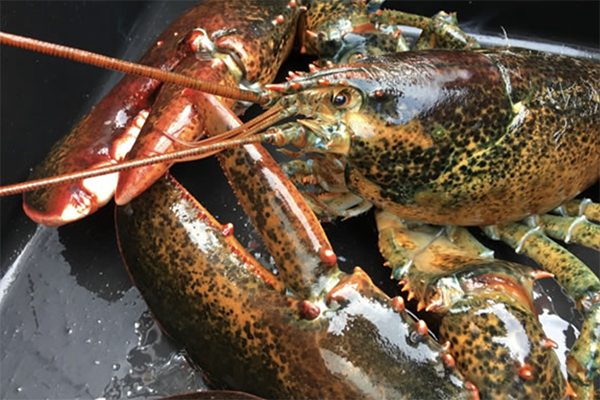
Responsibility
Pictou Landing First Nation to operate moderate livelihood lobster fishery in Nova Scotia
Pictou Landing First Nation will operate a moderate livelihood lobster fishery in Nova Scotia, with the federal government's understanding.
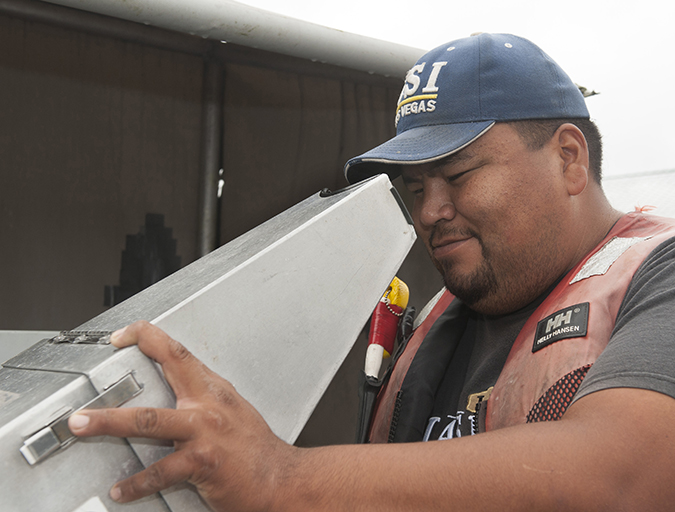
Responsibility
In Canada, salmon farmers building social license with First Nations
After some rocky times, ties between B.C. salmon farmers and First Nations, have improved in recent years. Band members report consistent employment, royalties and improved quality of life. “We need aquaculture around,” says one fishing company owner.
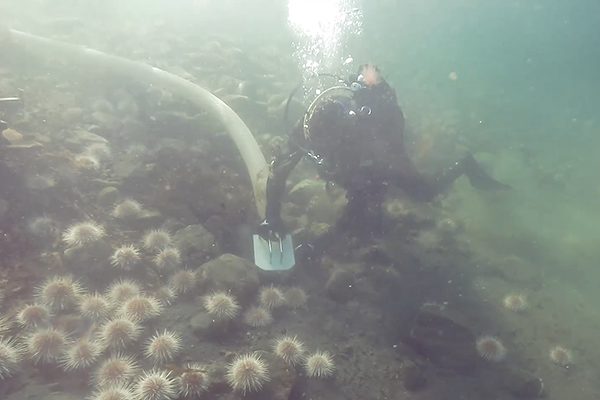
Intelligence
The seafood technology we didn’t know we needed: a sea urchin vacuum
An Indigenous business operating in Atlantic Canada is testing a sea urchin vacuum developed by C Robotics to improve harvesting efficiency.



